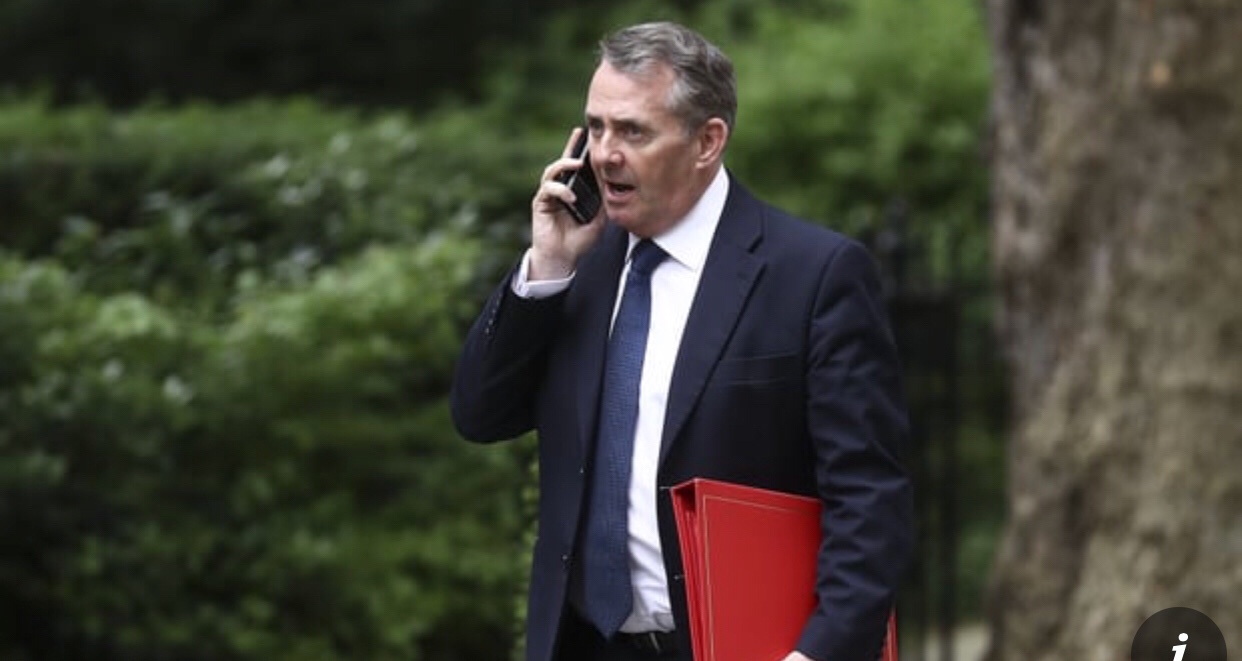Liam Fox to offer UK firms help to export more after Brexit
Liam Fox is to unveil a plan intended to increase Britain’s exports after Brexit to 35% of GDP as his cabinet counterpart Dominic Raab heads to Brussels for the latest round of divorce talks with the European Union.
The international trade secretary believes there are 400,000 UK businesses that could export but do not, and will try to target them with better loans, guarantees and support – and ask businesses to spell out what barriers to trade they face.

Fox will use a speech on Tuesday to say “the UK has the potential to be a 21st-century exporting superpower” and lift exports from 30% of GDP. “As we leave the EU, we must set our sights high,” he will add.
The speech comes at a time when businesses are increasingly concerned by the lack of apparent progress in the UK’s exit negotiations with the European Union, as well as ministers’ decision to talk up a no-deal Brexit, which would leave firms scrambling to introduce contingency measures.
The Federation of Small Businesses said the export strategy to be unveiled by Fox was “strong on aspiration”, but added that support from government was urgently needed after a summer in which ministers have said the UK may need to stockpile food and medicines.
Mike Cherry, the FSB chairman, said: “The clock is ticking. If the government doesn’t act quickly and introduce financial incentives there is a risk the current uncertainty will have a serious and detrimental impact.”
Shortly after Fox unveils the export strategy, Raab, the Brexit secretary, will return to Brussels to meet the EU’s chief Brexit negotiator, Michel Barnier, in the afternoon. Discussions yesterday focused on the UK’s Chequers plan and the future relationship post Brexit. Talks will continue today as both sides urgently seek to make progress.
Before the meeting, the Department for Exiting the European Union released technical Powerpoint presentations given by UK officials in Brussels on financial services and competition policy.
On competition policy, the paper said the UK would seek regulatory alignment with the EU after Brexit. It said the UK was proposing “to make binding commitments to ongoing harmonisation with EU rules on state aid” and would not lower environmental, social and employment standards.
The financial services presentation indicated the reverse, that the UK needed an independent approach. It said the UK hosted “the world’s most significant financial centre” and as a result, rule-taking from the European Union “will simply not work for this sector”.
UK Finance, the trade body for banking and insurers, said Raab and Barnier needed to make progress to ensure cross-border services remained uninterrupted. “Given the limited time available, it is vital that both UK and EU27 negotiators focus on ensuring a legally enforceable agreement that enables meaningful cross-border market access in financial services,” it said.
The pound has been tumbling against major currencies since the spring and is trading at $1.28, its lowest level for a year because of worries about the possibility of a no-deal Brexit. The deterioration helps make UK exports cheaper, but the import of raw materials and parts more expensive.
Exports totalled £615.9bn last year, according to ONS statistics, with the EU accounting for £274bn, or 44%, of the total. The US was the largest single country for UK exports, followed by Germany and France.
Source: The Guardian
You must be logged in to post a comment.